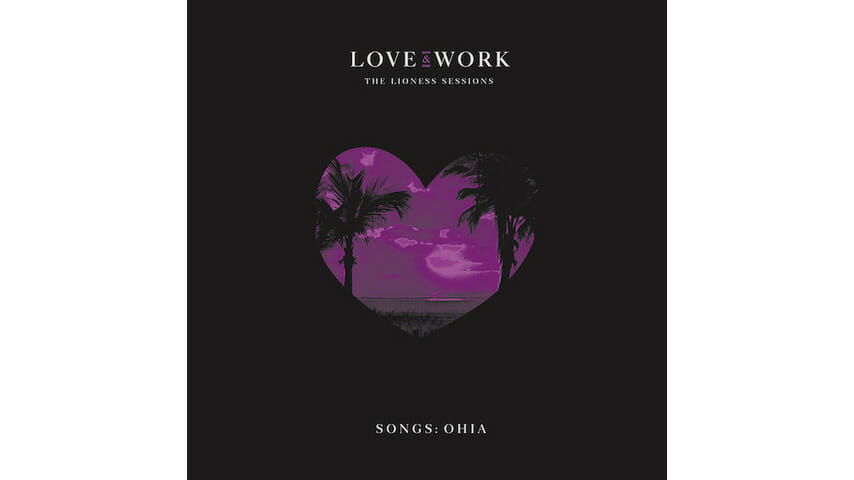Songs: Ohia: Love & Work: The Lioness Sessions

Does anyone else miss Jason Molina with their whole, entire aching heart?
Posthumous reissues like this one generally don’t help much in softening that ache, but they do serve as a reminder of Molina’s genius, which is nearly unparalleled in the 21st century songwriters’ canon—he sits on a tall hill next to the Leonard Cohens and Bob Dylans of the world. This box set reissue of The Lioness, released late last month and contains lost songs, liner notes written by Molina’s friends and collaborators and other memorabilia, is a deliberate homage to the late artist’s life and music.
The songs from the Lioness sessions, which were recorded just shy of the new millennium and originally released in 2000, capture a moment in his life so rosy with newfound love, you’ll wonder how this wonderstruck Molina is the same one who later tackled burdensome grief as Magnolia Electric Co. But, on the new, never-before-heard outtakes from the Lioness sessions, he is more rooted in life’s ups and downs. He does the work of a priest—blessing love, bestowing wisdom for braving life and making sense of death.
-

-

-

-

-

-

-

-

-

-

-

-

-

-

-

-

-

-

-

-

-

-

-

-

-

-

-

-

-

-

-

-

-

-

-

-

-

-

-

-








































